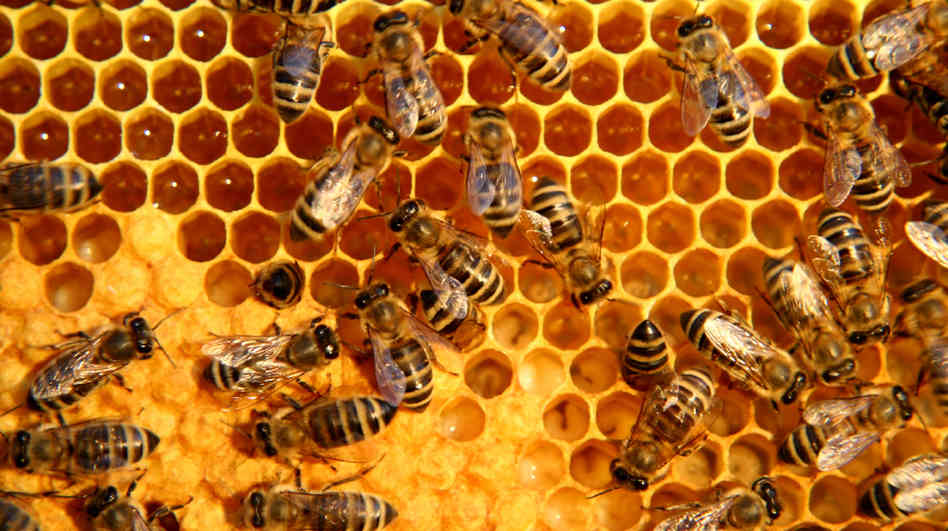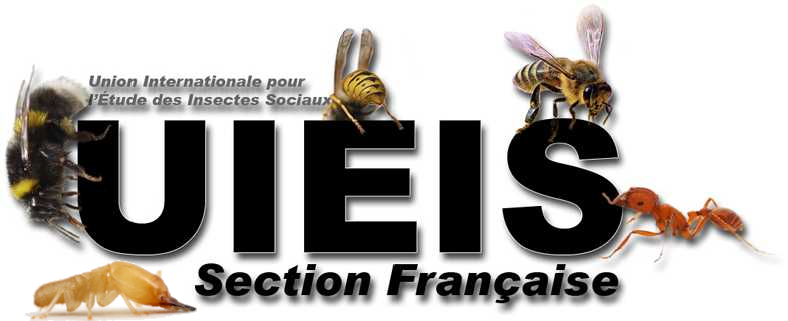
Context and project description
In eusocial insects such as the honey bee, Apis mellifera, the tight cooperation of individuals that live in close contact as well as food and chemical communication signals that are exchanged widely between colony members can make the colony superorganism vulnerable to disease outbreaks. In the face of this threat, an array of collective immune defenses – known as social immunity – have evolved that help limit pathogen transmission. Such traits can explain how honey bees manage to fight infestations by the parasite Varroa destructor, a mite that usually kill infested colonies within a few months. In this context, naturally surviving colonies and population specifically bred for abilities to fight varroa represent a potentially sustainable solution for the beekeeping industry. However, the exact mechanisms allowing honey bee colonies to survive mite infestation through resistance strategies remain partially unknown.
The present PhD project aims to better understand the mechanisms of social immunity in honey bees that are the base for varroa resistance, in particular by looking at the semiochemicals that underlie these host-parasite interactions.
Our dynamic and interdisciplinary team has led biology and chemical ecology studies on interactions between honey bees and varroa for more than 20 years. Complementary approaches will be conducted in this project: behavioural tests (at the individual and colony levels); analytical chemistry (extraction, gas chromatography, mass spectrometry); field work assays in a beekeeping environment on different honey bee populations.
Profile required
We are looking for a highly motivated and enthusiastic candidate with a strong background (MSc or equivalent) in Biology, Ecology, Agronomy or similar. Expertise in bee biology, apidology and/or chemical ecology is required. The candidate should show a great interest in conducting field experiments, in insect behaviour, analytical chemistry, behavioural assays and statistical analysis of complex data.
Good organizational skills, communicative personality with a capacity for teamwork, good communication and writing skills in English, proficiency in French are also required. The project will include field work in France and possibly other countries from the Mediterranean basin. The candidate should not be allergic to bee stings.
Contact and information
For further information, please contact Dr Fanny Mondet (fanny.mondet@inra.fr, +33 4 32 72 26 99) or Prof Yves Le Conte (yves.le-conte@inra.fr). Online applications including cover letter, CV, and the addresses of 2/3 referees in a single PDF file should be send to fanny.mondet@inra.fr and yves.le-conte@inra.fr.
Deadline for submission is July 20th 2019.
The position, based at INRA PACA (Avignon, France) will start in September 2019; funding (salary and project expenses) is secured for 3 years.
